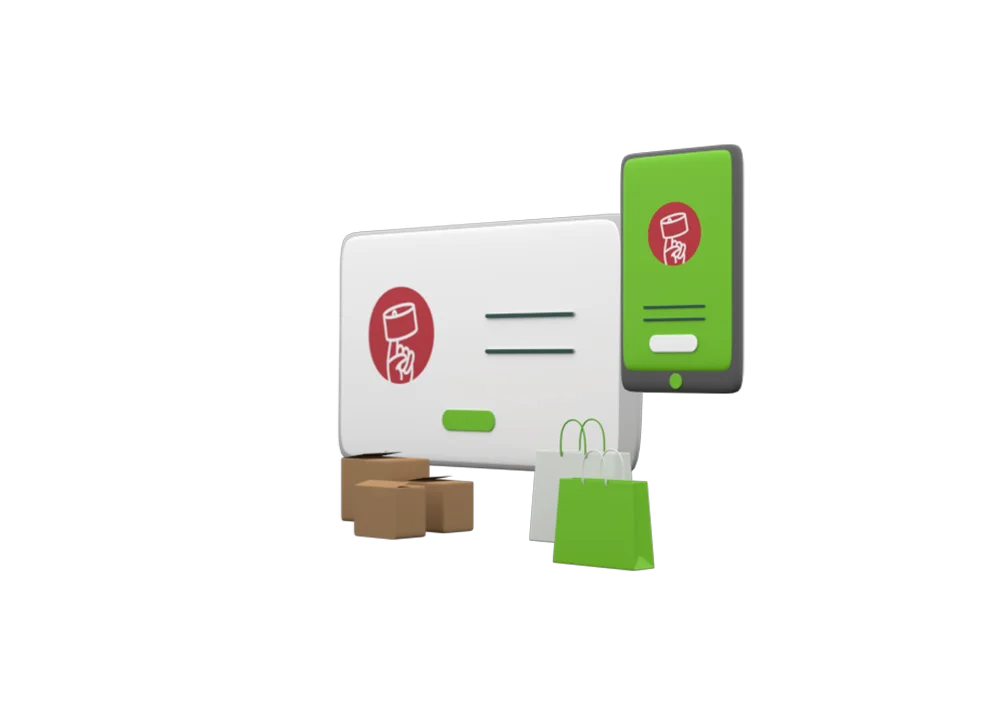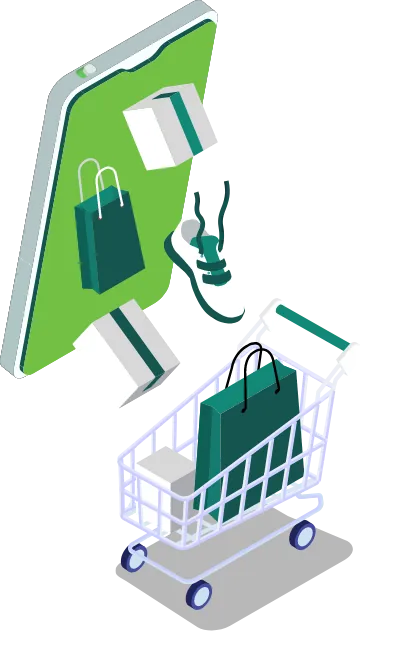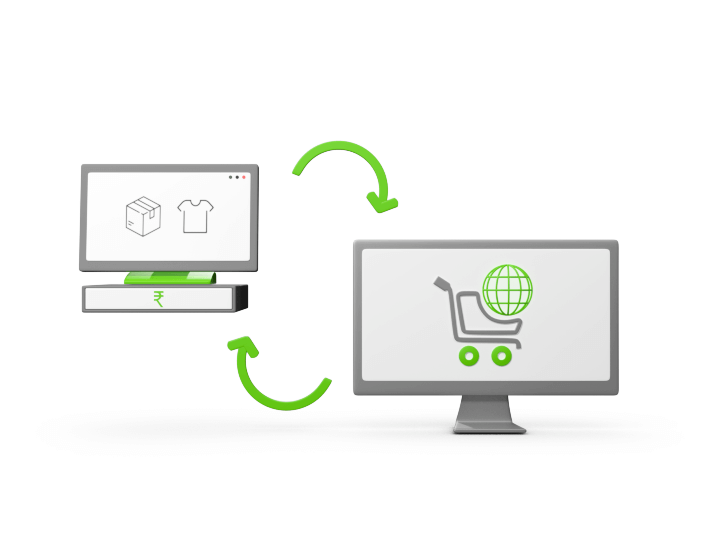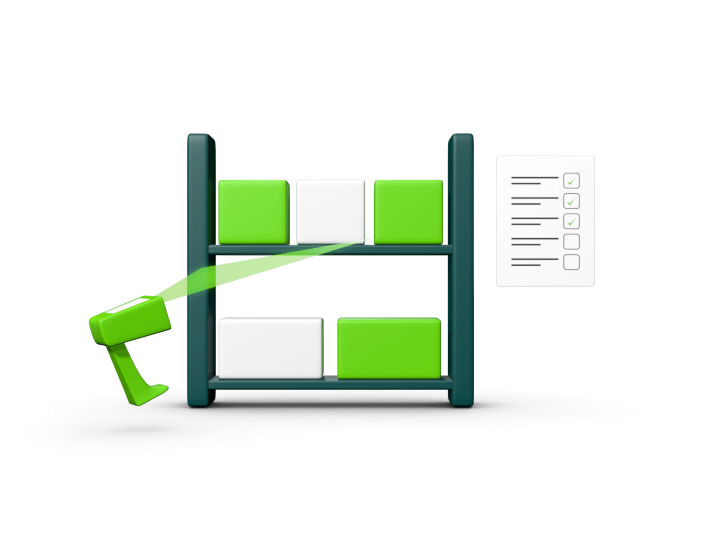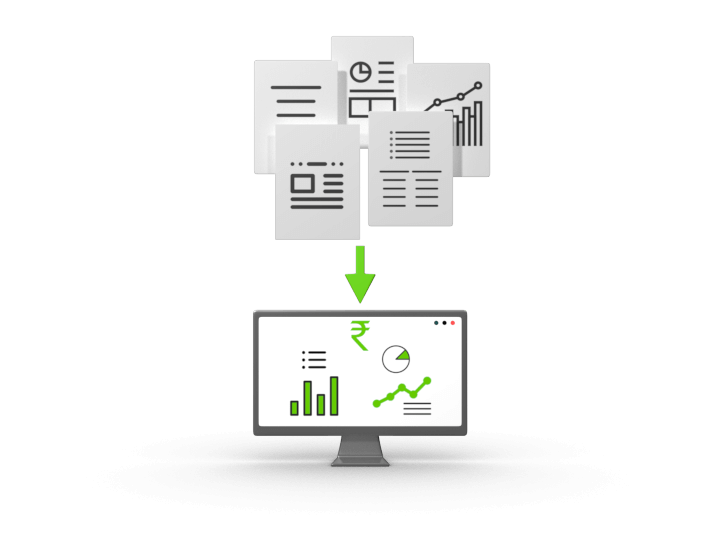Ecommerce is a great way to increase brand awareness, reach new customers and bring a wider catalog to customers. Ginesys ensures that your ERP and POS is synchronized with the shopping cart of your choice and marketplaces.
Ginesys One ecosystem includes an Order and Inventory Management System (OMS) - Browntape that helps integrate with all marketplaces and webstores and manage inventory and orders in one place.
